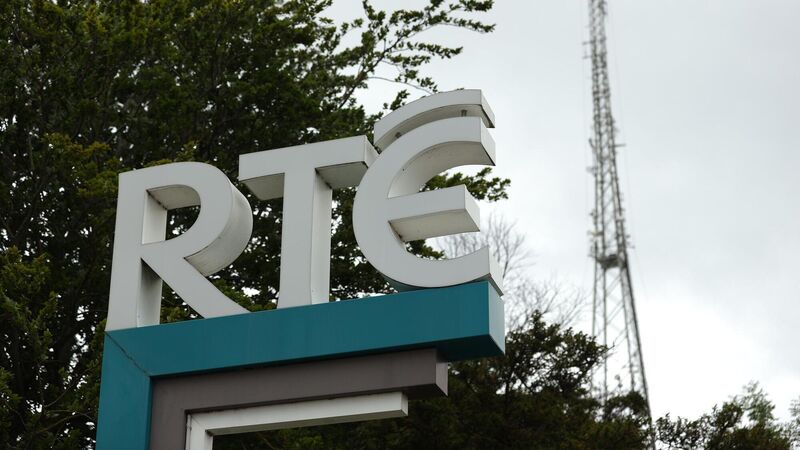Elaine Loughlin: Ryan Tubridy saga another nail in coffin of traditional media

RTÉ Television Studios in Donnybrook, Dublin 4. 'The priority now for me and the priority for RTÉ should be rebuilding that trust,” says Culture Minister Cathering Martin. Picture: Liam McBurney/PA Wire















